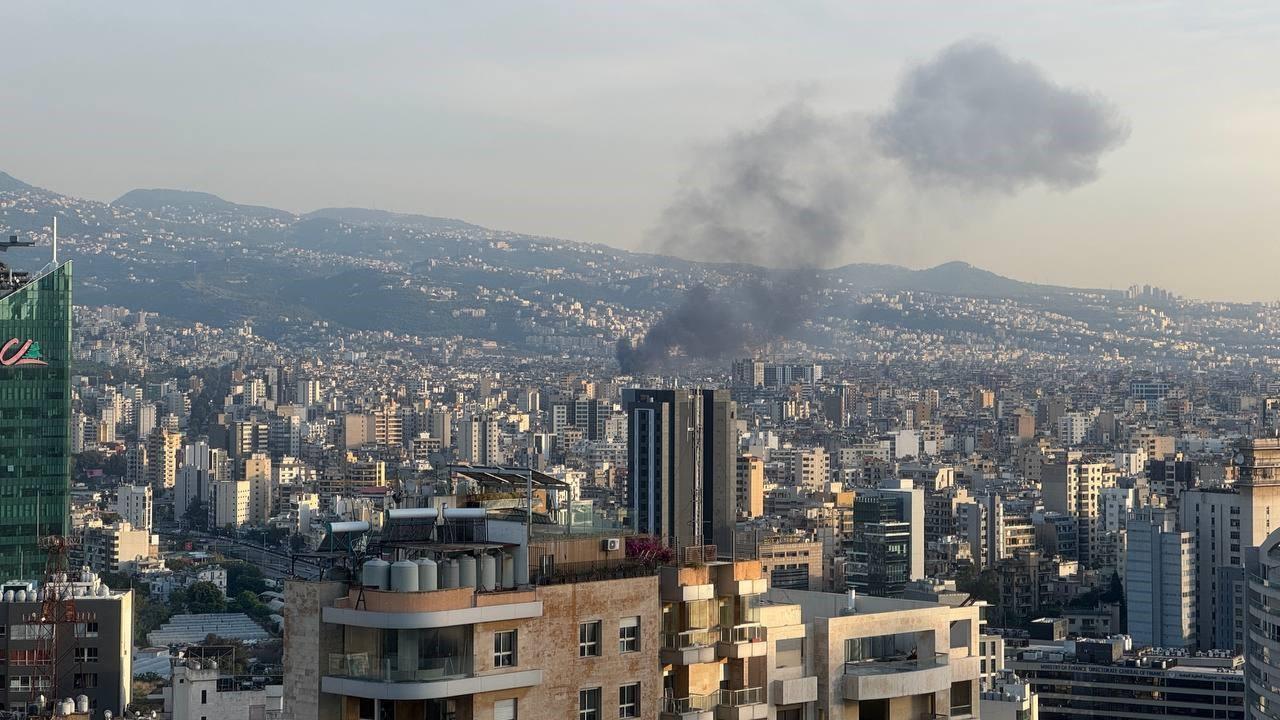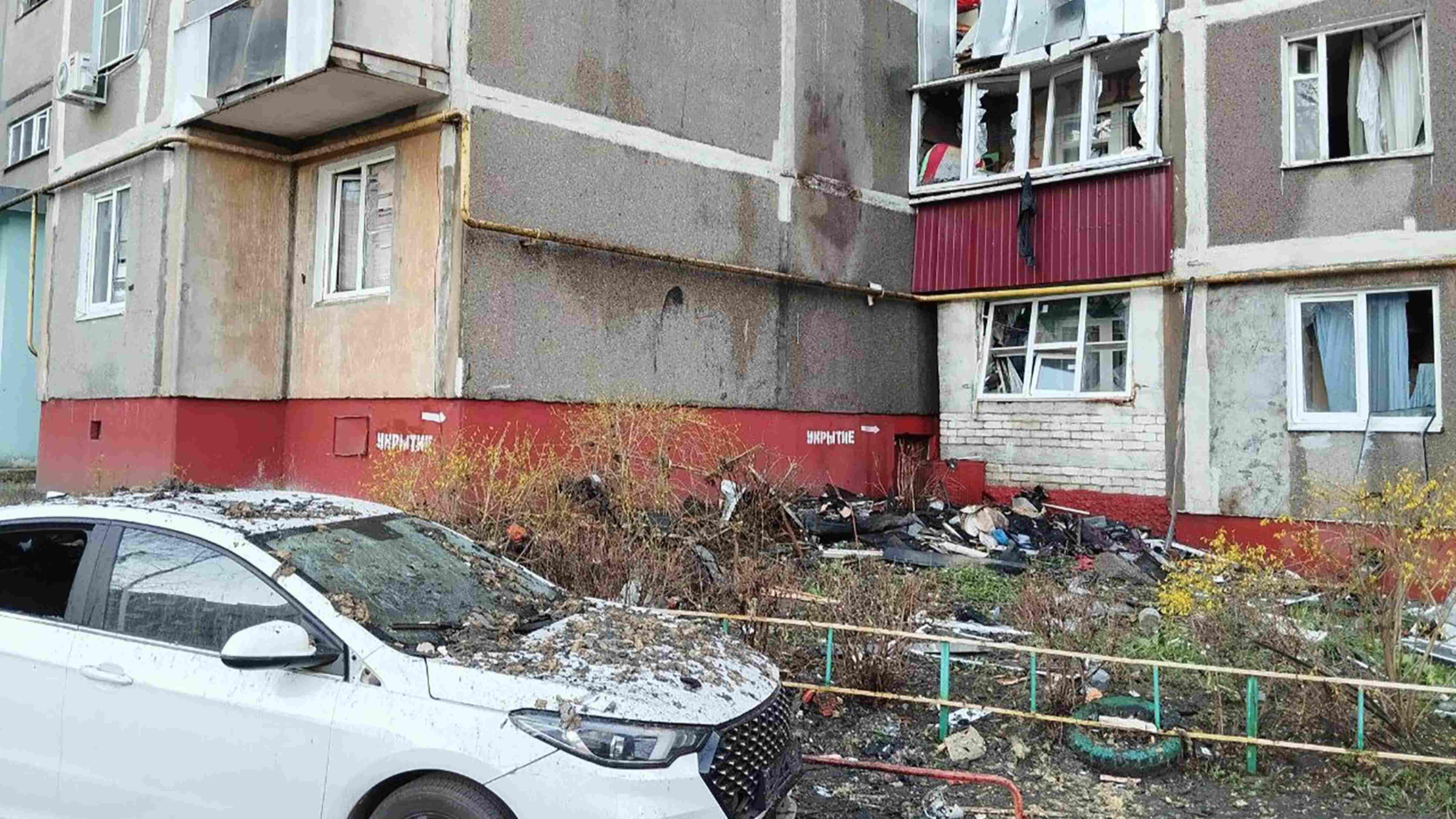Turkish children are losing hope
“What is the biggest problem you face when dealing with children?” I asked my latest interweave, Filiz Ayla, the general director of Mavi Kalem (Blue Pen Association), which is an NGO that works with disadvantaged groups.
Her answer was chilling. “We face difficulty in attracting and keeping children in our work. Children in specific age groups have started to lose hope. We have to create an atmosphere where they can spend their energy on fields like art and sports, where they can feel hopeful. In the absence of such an atmosphere, children look to their families, look around themselves and their hopes are broken when they cannot find an answer to the question, ‘what can I be in life, what can I do in life?’”
Today is the United Nations Universal Children’s Day. It is a day established to mark children’s rights. While one has to be cautious on jumping to general conclusions, it is important to lend an ear to Ayla, who has nearly 30 years experience in this field.
It is undeniable (and confirmed by U.N. officials) that the Justice and Development Party (AKP) has undertaken important steps to improve the situation of children in the first half of its tenure. Increasing school enrollment, especially among girl children, tops the list. Yet, as in other areas, there is backpedaling in this field as well.
Successive AKP governments have not maintained their progressive reform spirit, which helped shape a strategy designed to reach contemporary standards in terms of children’s rights. They could not avoid keeping ideology out from this field. President Recep Tayyip Erdoğan’s “we will raise religious and pious generations,” has not improved the situation of children.
Unfortunately, the current economic challenges that are expected to worsen in the near future will take their toll on the children.
At this stage, we also need to focus on a subheading that will remain a huge headache in the years to come: Syrian children.
In a region like Balat, a neighborhood that receives a lot of internal migration, hosting disadvantaged communities, talking about a lack of empathy for Syrian refugees might remain an understatement.
“We come across mothers who come and tell us they do not want their children to go to the same class with Syrian children,” said Ayla. Mavi Kalem has been working in Balat since 2002.
According to her, the problems that are created by internal migration are also valid for Syrian refugees.
“There is a tremendous problem of feeling insecure. They leave a society where they have an identity to a society where they have no identity at all. Some are not even registered. They do not know the environment, they are worried. One of the reasons they do not send their girl children is this lack of trust,” she said.
Child labor has become a common phenomenon, as parents cannot get employment, while girl children take on housework and the responsibility of looking after their siblings when parents are at work. Early marriage is also frequently witnessed among Syrian refugee communities. As a result of all of this, Syrian children risk remain outside of the educational system.
In addition to these concrete problems, Syrian children face hostility from host communities. It is striking sometimes to observe this lack of empathy when you recall that the host communities are also made up of internal migrants who have suffered the same hardships.
“People are influenced by the rhetoric in the society,” said the association’s general director, while trying to explain the reaction to Syrians.
“But there is no hostile rhetoric on political levels or in the press either,” I said.
“But it exits in society and it is very widespread. There is a prejudice that Syrians are benefiting from a lot of means, that the state is spending a lot of money on them, that their children can go to universities without paying for fees. Not one of these are true but a serious reaction builds from their own poverty,” she said.
It is a widely known fact that in times of economic dire straits, migrant communities become a greater target.
Whatever problems Turkish children will face in the difficult days ahead, Syrian children will suffer from them on a larger scale.











